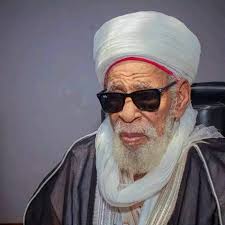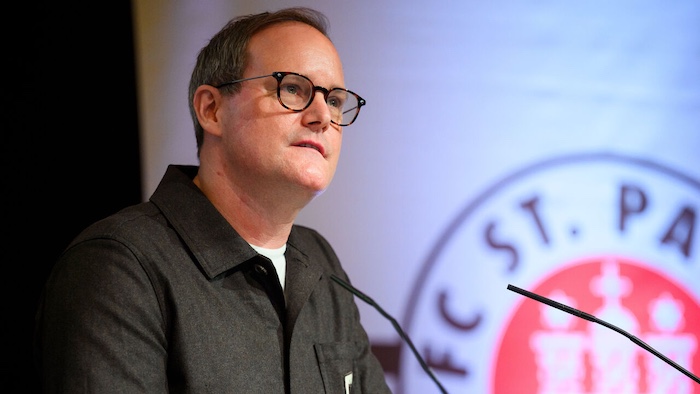
Bauchi State Governor, Bala Mohammed, has mourned the passing of renowned Islamic scholar, Sheikh Dahiru Bauchi.
It was earlier reported that the respected cleric died on Thursday at the age of 102.
In a condolence message issued by his media aide, Mukhtar Gidado, the governor, on behalf of his family, the government, and the people of the state, extended his condolences to the immediate family of the late Sheikh.
The governor also commiserated with the deceased’s followers, students, and the entire Muslim Ummah across Nigeria and beyond.
“It is with deep sorrow and a profound sense of loss that the Bauchi State Government announces the death of renowned and revered Islamic scholar, teacher, and spiritual leader, Sheikh Dahiru Usman Bauchi, who returned to his Creator in the early hours of today, Thursday, 27th November 2025, at the age of 102 in Bauchi,” the statement read.
The governor described the late cleric as a towering figure in Islamic scholarship and a man of deep faith, humility, and wisdom.
Mohammed said Bauchi’s lifetime was devoted to the propagation of Islam, the teaching of the Holy Qur’an, and the moral and spiritual upliftment of humanity.
“Through his numerous schools and learning centres, he nurtured thousands of students who went on to memorise the Qur’an and spread Islamic knowledge across the African continent,” it stated.
He added that the late Sheikh’s immense contributions to theology, Islamic jurisprudence, and history have left an indelible mark on the intellectual and spiritual landscape of society.
“He was not only a custodian of religious knowledge but also a unifying voice for peace, tolerance, and understanding among Muslims and people of other faiths.
“As we mourn this monumental loss, we take solace in the fact that Sheikh Dahiru Usman Bauchi lived a life fully dedicated to the service of Allah, humanity, and knowledge. His legacy will continue to illuminate the path of generations to come,” the statement added.
Mohammed assured all that the state government would continue to honour the cleric’s memory by supporting the institutions and ideals he stood for, particularly in the areas of Islamic education, moral discipline, and community development.



